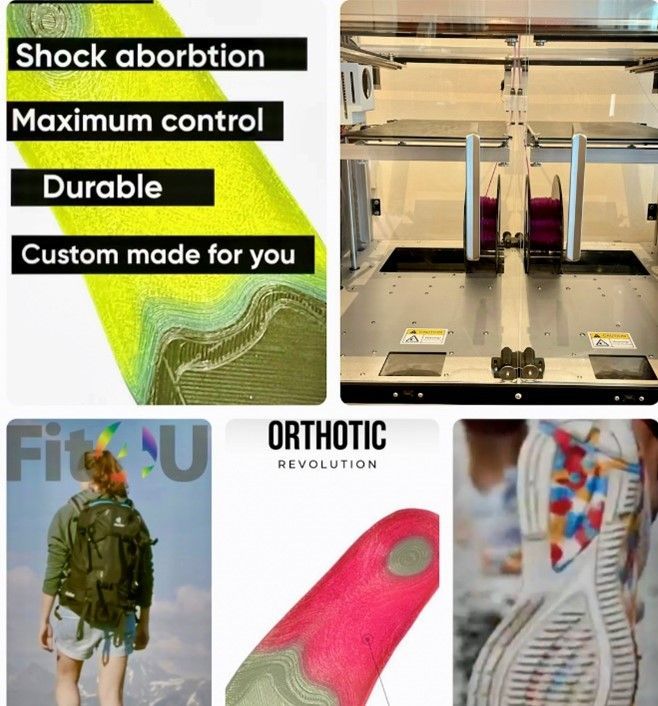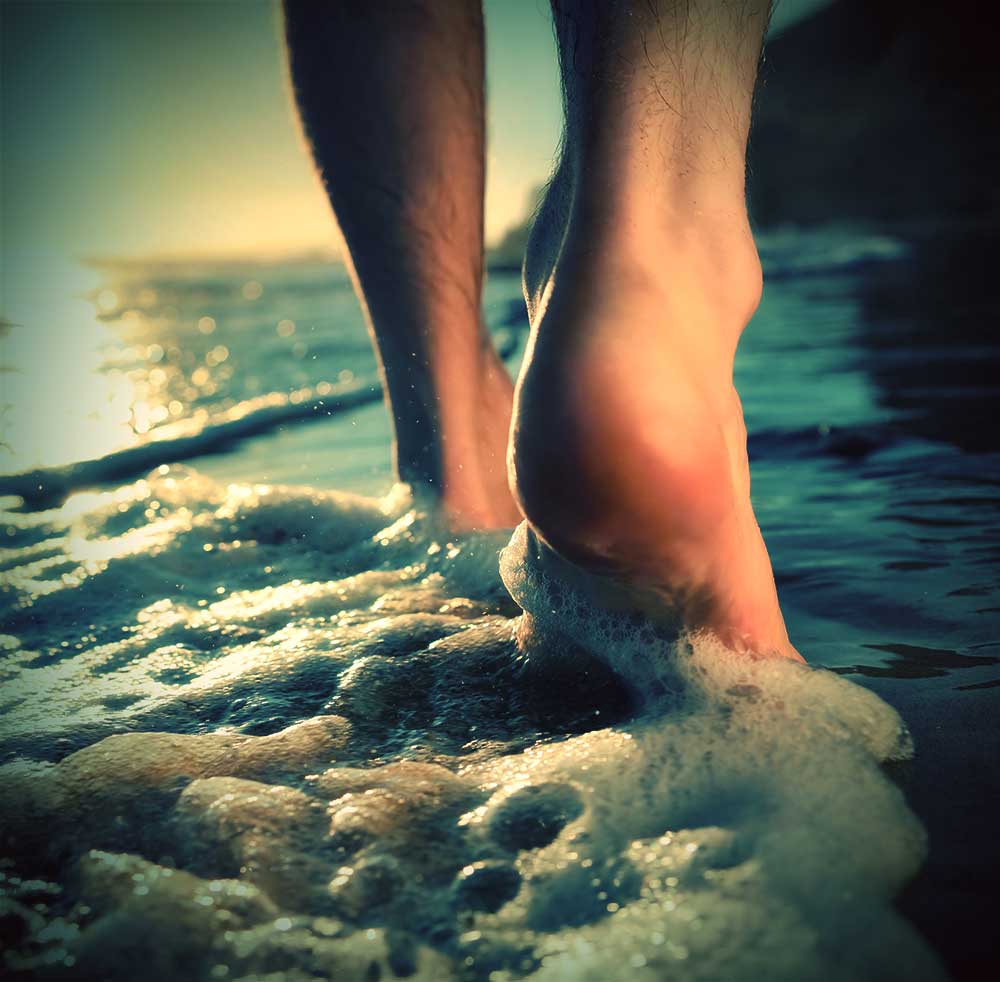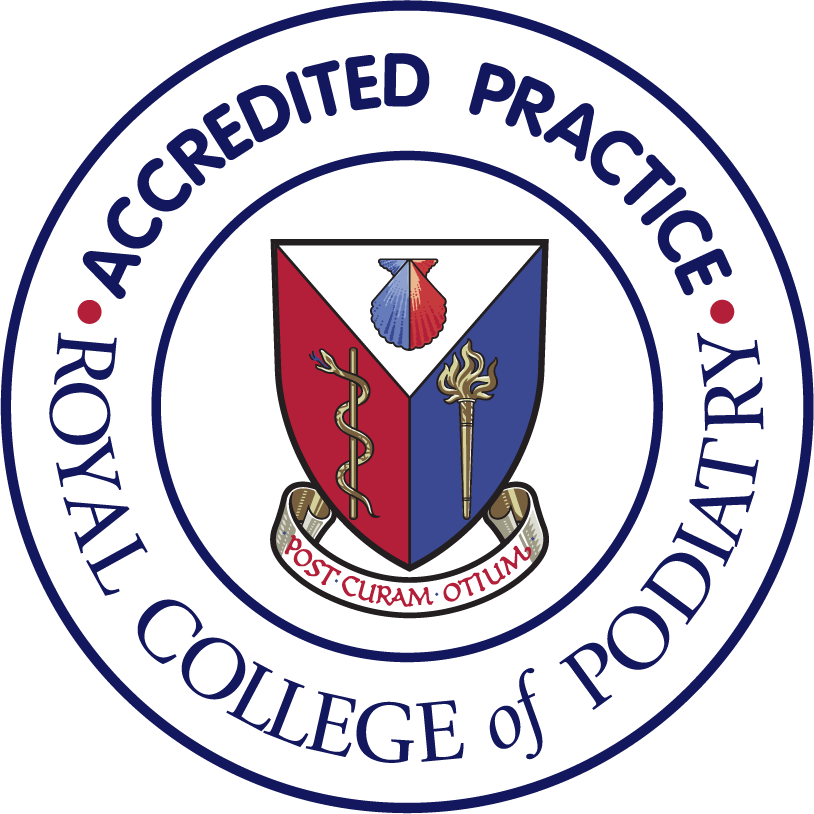Ingrown nail
- By Paul Tennant
- •
- 01 Aug, 2023
- •
Good hygiene can go a long way to preventing ingrowing toenails. Avoid moist, soggy feet by rotating your footwear so each pair has a chance to dry out thoroughly. Avoid synthetic materials and choose socks and shoes of natural fibre which fit properly. Keep your feet clean and dry and in the summer wear open-toed sandals to let air get to your toes as much as possible.
If you have diabetes, are taking steroids or are on anti-coagulants, do not attempt to cut your nails or remove an ingrowing spike of nail yourself.
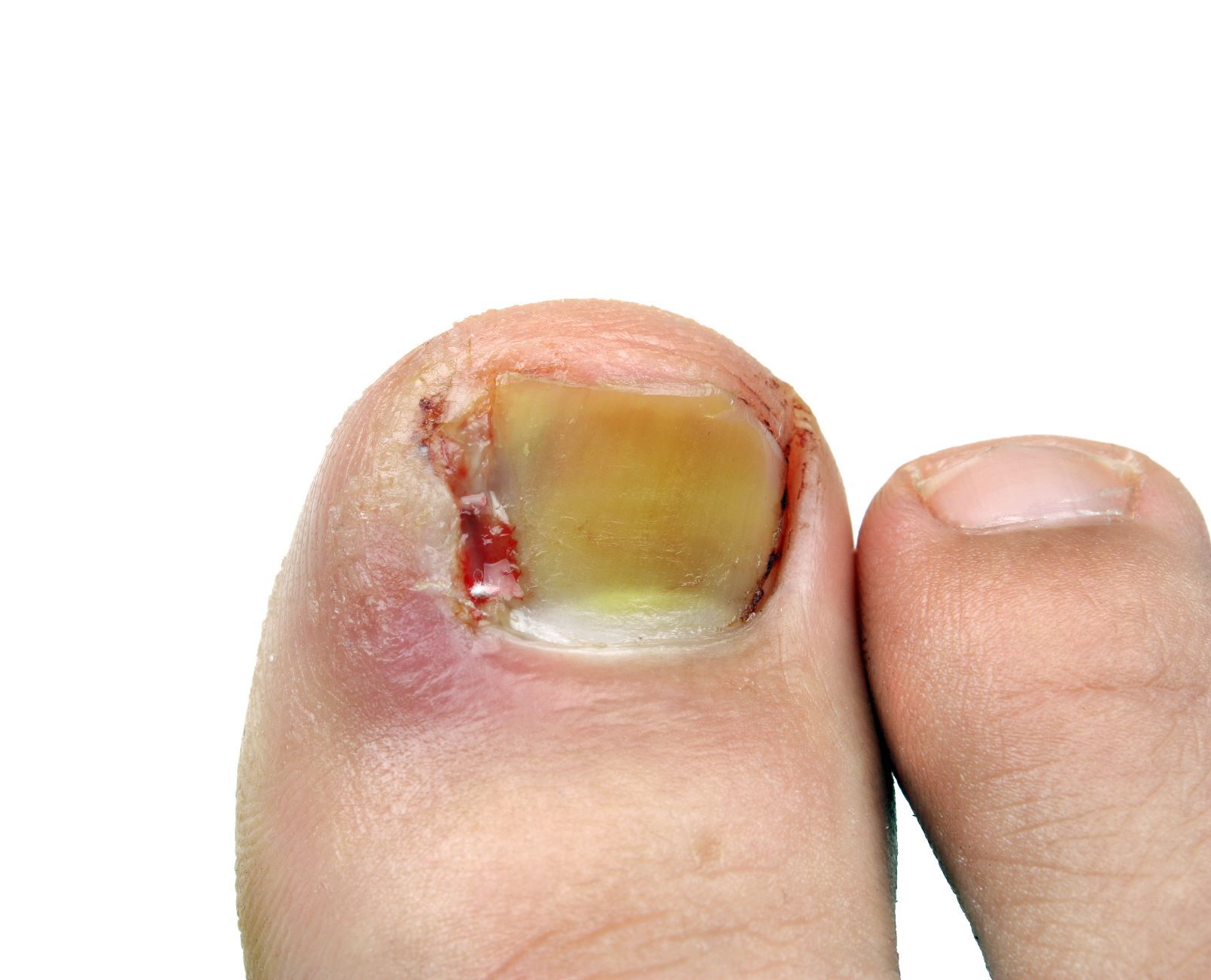
When should I see a podiatrist?
You should see a podiatrist urgently if you have symptoms of infection, and have diabetes, poor circulation, or a reduced immune system. You should also visit a podiatrist if you experience any persistent pain in your toe from the ingrowing nail or have a condition that affects the nerves and/or feeling in your foot.
If you experience any foot care issues that do not resolve themselves naturally or through routine foot care within three weeks, you should seek the help of a healthcare professional.
Options available
1. We use special instruments to remove the spike (80% of the time this is all we need to do, and it does not require local anaesthetic.
2. It is a very deep spike, and we need to give you a local anaesthetic then remove it as above.
3. We need to perform a minor operation permanently removing a thin piece of the side of the nail preventing it reoccurring (5% of cases).
The longer you leave it the more likely we will need to resort to option 3.
To talk to us here about the options available regarding treatment, you can contact us here at Tennant Podiatry. We are an Accredited Practice registered with the College Health and Care Professions Council (HCPC)

WHAT IS SWIFT®?
Swift is a new technology, developed in the UK, which has been licenced for the general treatment of skin lesions in Podiatry and Dermatology. Swift uses microwave energy which is delivered through a special probe applied to the skin to treat the affected tissue.
DOES IT HURT?
It is not uncommon for patients to feel a sharp sensation, similar to an injection. Unlike most treatments for verruca, pain felt during the treatment quickly subsides, and only in rare cases is there any prolonged pain.
WHAT CAN I DO AFTER TREATMENT?
In some cases the treated area may feel sore but will not prevent you undertaking normal daily activities.
HOW MANY TREATMENTS WILL I NEED?
This is dependent on how you respond to treatment. In some cases, you may need more than one treatment (these can be from 14 days to over a month apart depending on the response). Your Podiatrist or Dermatologist will be able to discuss this with you.
CAN ANYONE RECEIVE THIS TREATMENT?
With a few exceptions, most people with skin lesions would be able to have this treatment. Your Podiatrist or Dermatologist will carry out an assessment prior to treatment and be able to advise you on this.
All information read here is based on Patient Information Sheets created by trained, registered Clinicians who are experienced with the product and treatment protocol. Before undergoing treatment ensure your Podiatrist or Dermatologist is registered and has given you the full range of options available.
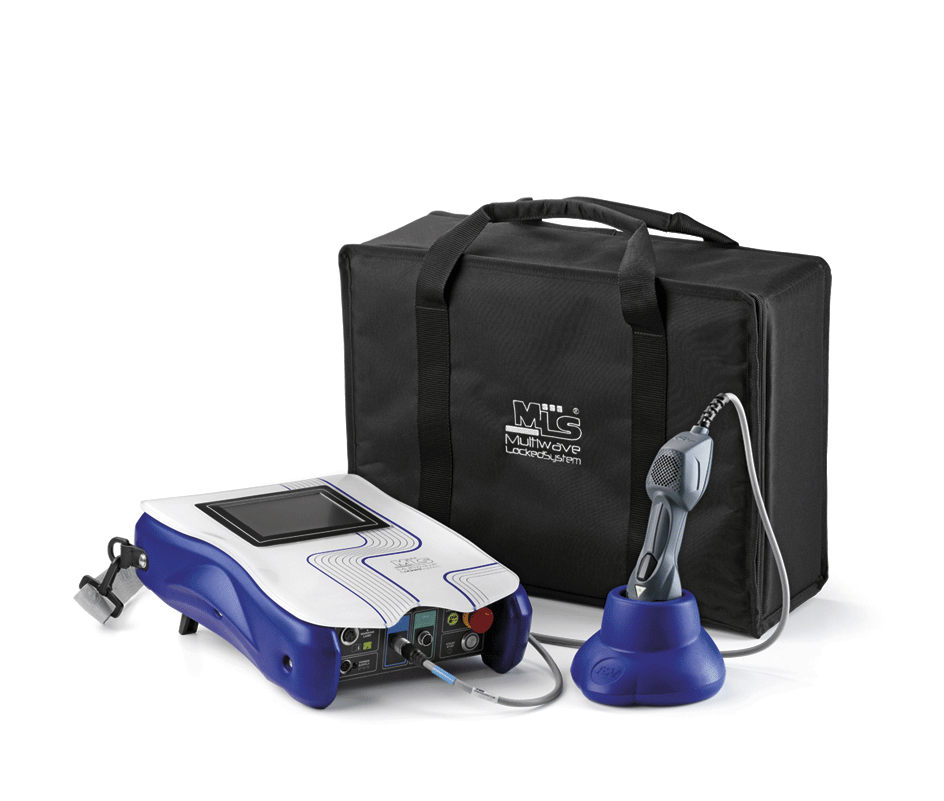
Many people suffer from numbness in their feet and legs as a result of nerve damage. This uncomfortable problem is known as ‘neuropathy’ and is often referred to as ‘peripheral neuropathy’ when it affects the hands and feet. Symptoms are often numbness and/or tingling in the affected areas but may also include burning and sharp or shooting pains. Problems with balance, muscle weakness and co-ordination can also cause issues because of the way the nerves are affected. The causes of neuropathy can range from metabolic issues, medication, traumatic injury and hereditary conditions to vitamin deficiencies. Diabetes is one of the most common causes of neuropathy in the patients we see in clinic. Treating peripheral neuropathy can be tricky but there are things we can do to. Firstly, it is important to know what is causing your symptoms. This means we need to do a thorough assessment and ask lots of questions to understand what is going on and why. It may involve referring you for a blood test if we think there may be something systemic going on which needs to be identified. We will also test your circulation, sensation awareness (this won’t hurt!) and muscle strength to help us to understand better which specific parts are affected and to what extent. In our clinic we have an MLS® laser which can be a great, non-invasive, non drug option to help us treat these symptoms. For more infomation contact: info@tennantpodiatry.co.uk

For more information or to purchase this product please contact the practice.
Ring now for more information



